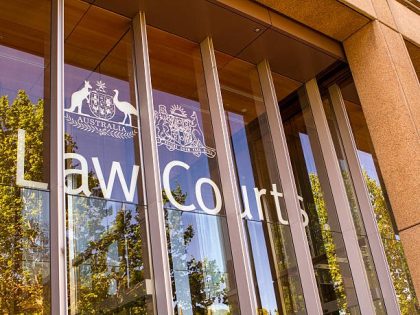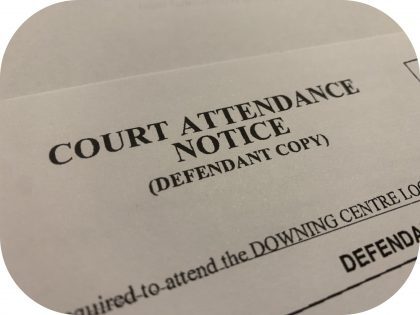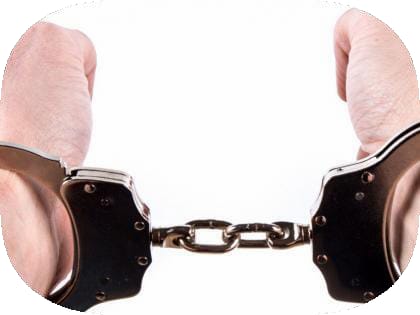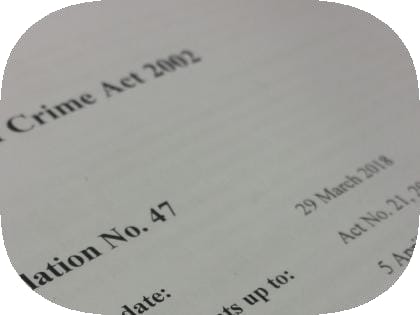What is a District Court Severity Appeal?
0 CommentsWhat is a District Court Severity Appeal?
If you have been convicted or sentenced in the Local Court and feel that the penalty handed down was too harsh or unfair, you have the right to challenge it. This process is called a ‘District Court Severity Appeal.’
A District Court severity appeal gives you a second chance to present your case and seek a fairer outcome. It’s an important tool for those who feel their punishment was disproportionate, and it can result in a more just and appropriate resolution.
What Am I Appealing?
A severity appeal is specifically about the penalty or sentence that was imposed in the Local Court. You are not disputing whether you were guilty of the offence, but rather asking the District Court to reconsider the fairness of the punishment you received. Whether that was a fine, community service, a good behaviour bond, or even imprisonment, you can argue that the sentence was excessive given your circumstances.
How Does the Appeal Work?
When you lodge a severity appeal, the District Court will essentially re-examine the sentencing decision made by the Local Court. You’ll have the opportunity to present further information, such as your personal background, mitigating circumstances, and any relevant factors that might not have been fully considered the first time around.
What Can the Court Do?
The judge in the District Court will decide whether the penalty should be:
• Reduced
• Increased (though this is less common)
• Remain the same
The District Court is not bound by the original sentence, so they can assess the matter afresh based on the evidence and submissions before them.
Why Might I Want to Appeal?
There are many reasons why you might believe your sentence was too severe. Perhaps you feel the Local Court didn’t take into account your personal circumstances, like your age, health, or lack of prior offences. You might also feel that the court did not give enough weight to any mitigating factors, such as your remorse or willingness to undergo rehabilitation.
A successful severity appeal can result in a more lenient sentence, like reducing a period of imprisonment or changing a custodial sentence to a non-custodial one (e.g., a good behaviour bond).
Important Time Limits
It’s crucial to act quickly. You must lodge your severity appeal within 28 days of the Local Court’s sentencing decision. If you miss this deadline, you can still apply for an extension of up to 3 months, but you will need to provide a reasonable explanation for the delay.
Do I Need a Lawyer?
While you don’t necessarily need a lawyer to lodge or run a severity appeal, having legal representation can significantly increase your chances of success.
A lawyer can help you prepare persuasive submissions, ensure all relevant factors are highlighted, and navigate the complexities of the legal process.
What Happens After the Appeal?
If your appeal is successful, the District Court may impose a more suitable or lenient penalty, taking your circumstances into account. However, keep in mind that there is always the slight possibility of the court increasing the sentence, so it’s essential to weigh up the pros and cons of appealing carefully.
About Post Author
* Information contained in this article is of a general nature only and should not be relied upon as concise legal advice.
Please contact for legal advice tailored to your situation. *





![Case review: Liberato v R [1985] HCA 66](https://walkercriminallawyer.com.au/wp-content/uploads/2024/10/jury-420x315.jpg)
![Case review: R v Mauger [2012] NSWCCA 51](https://walkercriminallawyer.com.au/wp-content/uploads/2024/10/conviction-1-420x269.webp)






































